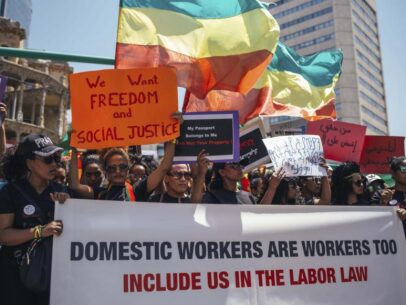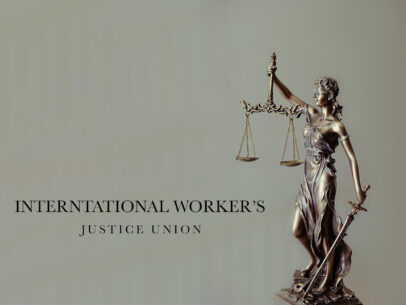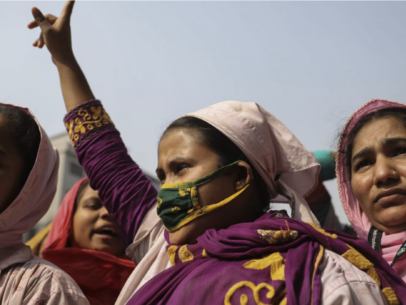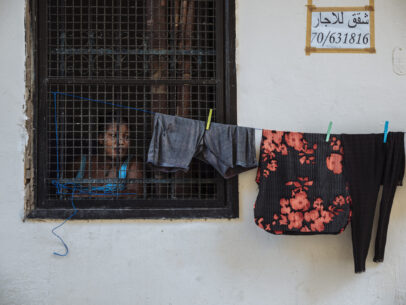NEWS
Lebanon: Abolish Kafala (Sponsorship) System Lebanon: Abolish Kafala (Sponsorship) System
It is time to abolish the Kafala employment system, a legal employment framework and hostile immigration system that effectively ties a worker’s legal status to their employer.
The project enhances economic integration for women migrants and improved labour migration governance and social dialogue as a means to contribute to poverty alleviation through decent work for migrant workers.
In the challenging context of the COVID-19 pandemic and the ongoing economic crisis, food prices in Lebanon have soared and become unaffordable for many. Caught in the crosshairs of multiple crises and at the mercy of an oppressive Kafala ‘sponsorship’ system, many migrant domestic workers in the country have found themselves in an impossible situation.
Women and girls are disproportionately affected by modern slavery, accounting for 71 per cent of the 40.3 million people living in modern slavery.
Beirut – The twin explosions in the Port of Beirut have left over the past two months thousands of the country’s migrant workers destitute and in dire need of assistance, according to recent data collected by the Displacement Tracking Matrix (DTM) of the International Organization for Migration (IOM).
(Beirut) – Lebanon’s State Shura Council, the country’s top administrative court, delivered a sharp blow to migrant domestic worker rights by suspending the implementation of a new standard unified contract, Amnesty International and Human Rights Watch said today. The standard unified contract, which the Labor Ministry adopted on September 8, 2020, included new protections for migrant domestic workers, including vital safeguards against forced labor, and would have been an important first step toward abolishing the abusive kafala (sponsorship) system.






